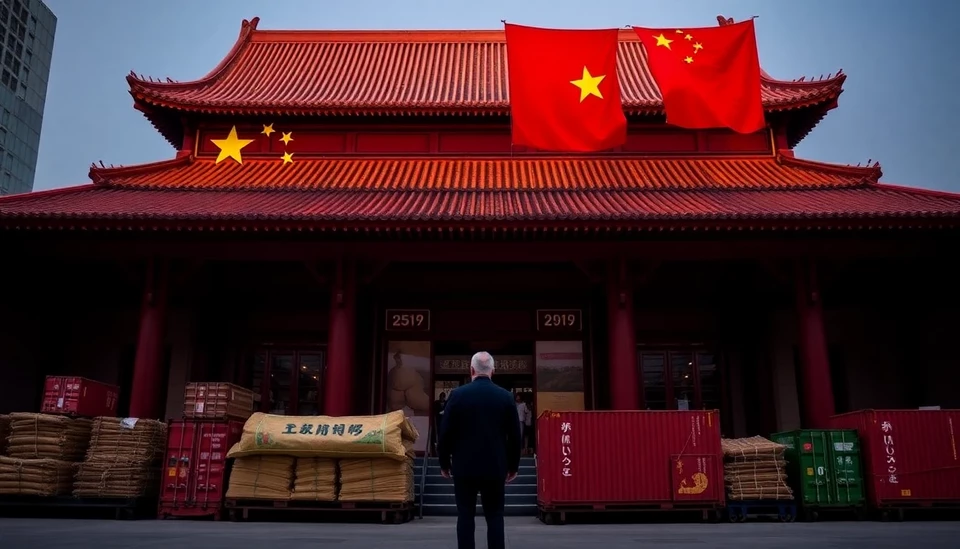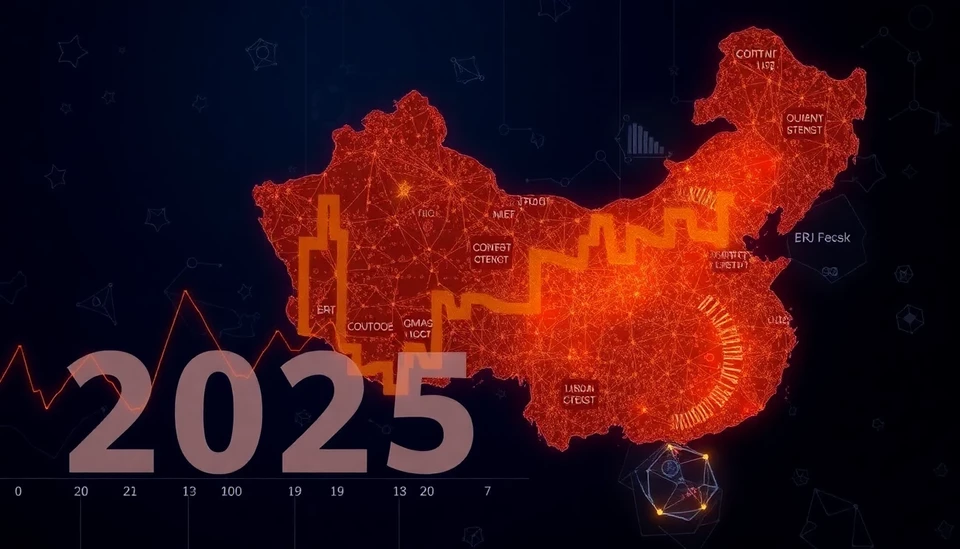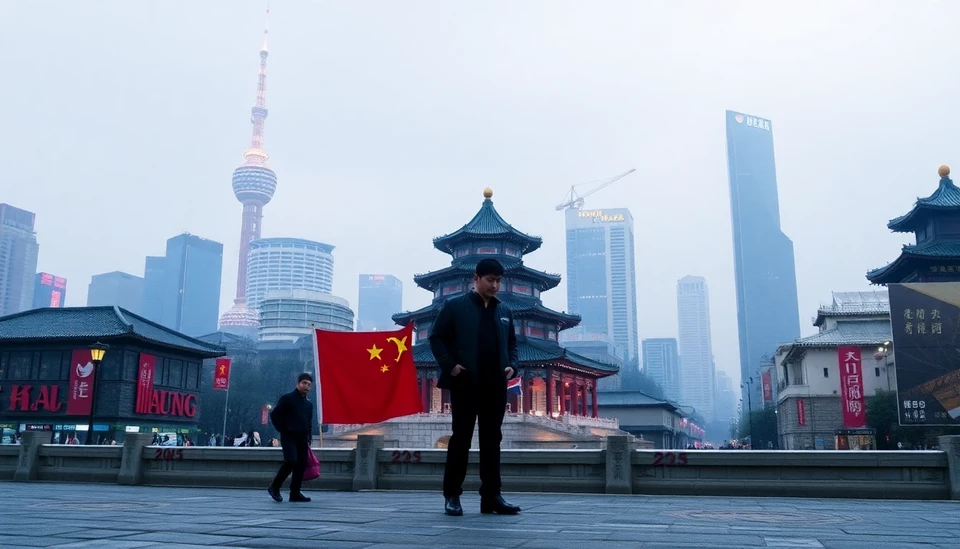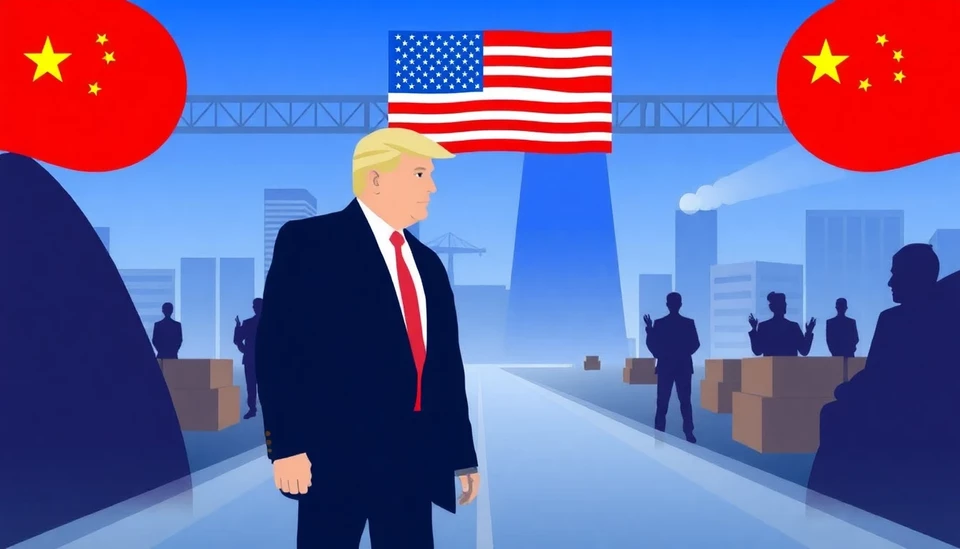
China is grappling with a significant economic issue: deflation. This phenomenon, characterized by falling prices across various sectors, poses a considerable challenge to the nation’s economic stability and growth prospects. Unlike inflation, where prices increase, deflation leads to a decline in consumer spending as individuals and businesses anticipate further price drops. This behavior can result in a vicious cycle of reduced demand, leading to further price cuts and potential economic stagnation.
Recent reports indicate that the consumer price index (CPI) in China recorded a fall in July, marking the first year-on-year decline in over two years. This drop raises urgent questions regarding economic recovery strategies amidst ongoing global uncertainties. Despite attempts to boost consumption and stimulate investments, the persistent deflation signals deeper systemic issues within the Chinese economy.
One of the defining attributes of deflation is its impact on consumer behavior. When consumers expect prices to continue falling, they tend to delay purchases, causing decreased demand for goods and services. Consequently, businesses may respond by cutting production, which can lead to layoffs and increased unemployment. This scenario creates a ripple effect, hindering economic growth and complicating recovery efforts, a situation that China is now experiencing.
Addressing deflation is notoriously challenging for governments. Conventional monetary policies, such as lowering interest rates or injecting liquidity into the market, may not yield the desired results in a deflationary environment. As consumers become more cautious with their spending, traditional methods to stimulate the economy can fall flat. This complexity makes it vital for the Chinese government to reconsider its economic strategies and adapt them to the current landscape.
Moreover, the influence of geopolitical tensions, particularly between China and Western nations, exacerbates economic vulnerabilities. Supply chain disruptions, trade restrictions, and economic sanctions contribute to hesitance in foreign investment and further dampen domestic consumption. The intricate interplay of these factors complicates China's path toward revitalizing its economy.
As experts analyze the deflationary trends and their ramifications, it becomes increasingly clear that swift and effective measures must be implemented. Policymakers face the daunting task of navigating a labyrinth of economic challenges while fostering an environment conducive to long-term growth. The path to recovery will require not only immediate action but also a reevaluation of broader economic policies to address the root causes of deflation.
In summary, China’s struggle with deflation exemplifies deep-seated economic issues that require careful attention and innovative solutions. As the nation endeavors to counteract this downturn, the lessons learned may very well dictate the future trajectory of its economy in the coming years.
### Hashtags:
#ChinaEconomy #Deflation #EconomicRecovery #ConsumerBehavior #GeopoliticalTensions #MonetaryPolicy #EconomicStability
Author: Laura Mitchell




